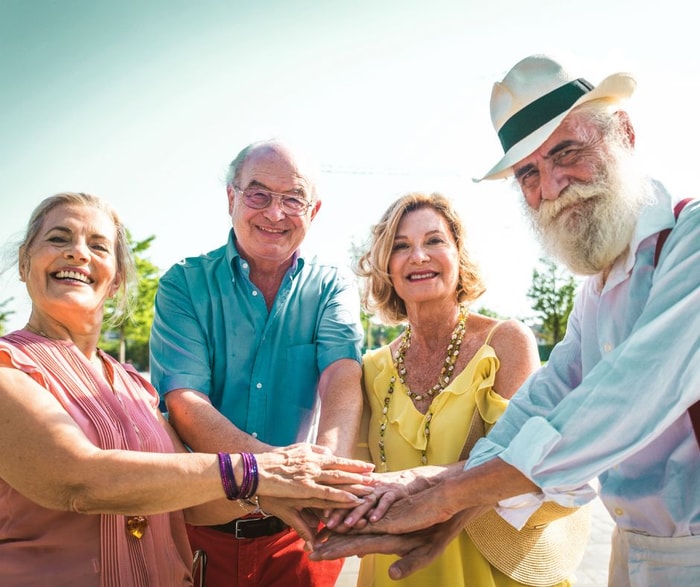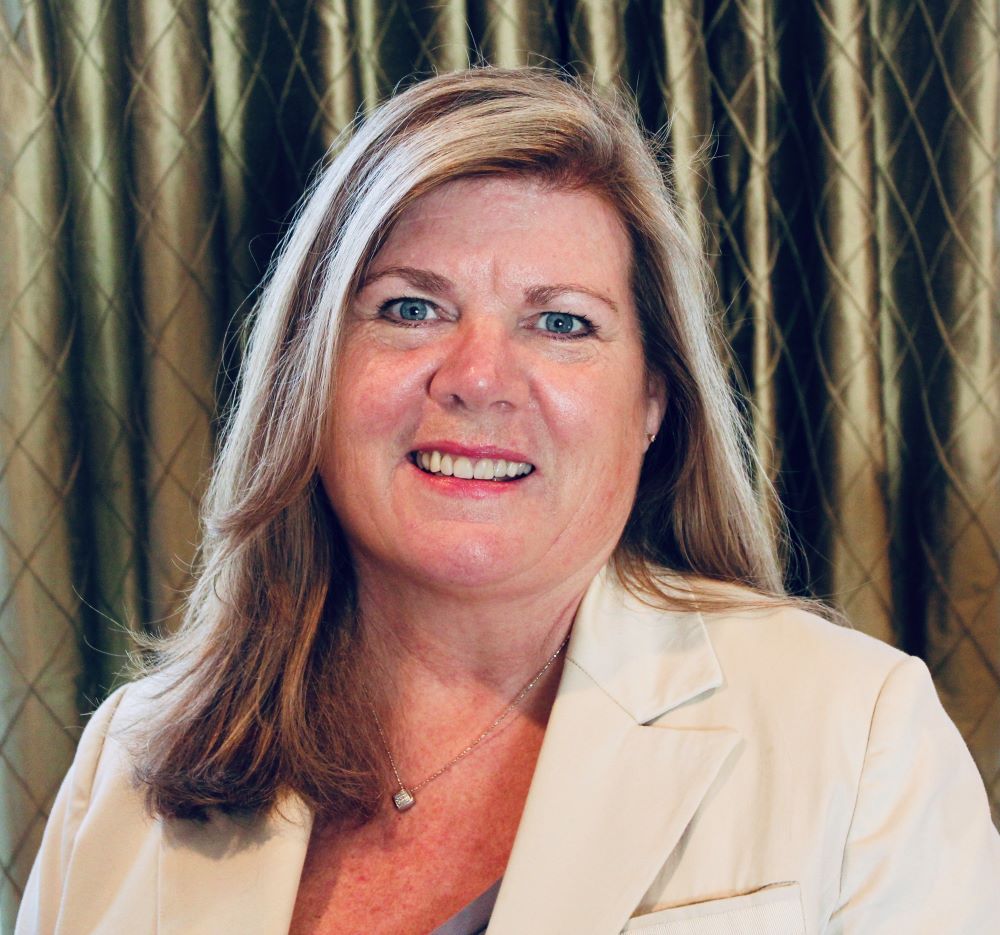Breaking the Retirement Spending Freeze: Learning to Enjoy Some Everyday Extravagances

We spent a lifetime working hard—planning, saving, and making sacrifices. Then, at long last, the magical day arrives: retirement. The moment we've dreamed about for years is finally here.
Retirement can be such a life altering experience on so many levels. Our days are now to be filled with things other than work, our routines shift as we find ourselves adjusting to new schedules and activities and if we have planned well, we are no longer focused on the need to continue saving money to be able to enjoy our retirement.
We are now in the position where we can start to shift to the other side of our financial balance sheet. We can begin to tap into the money and investments we spent so long building to be able to live, relax and enjoy this time of our lives.
But as easy as this sounds, this can often be a very difficult transition to make. Herein lies something called the “Retirement Consumption Puzzle”. Our retirement can become a time of life that doesn’t necessarily follow the expected economic rules.
Traditional economic models like the life-cycle hypothesis suggest that people should save during their working years and then systematically spend down those savings during retirement to maintain their standard of living. By the end of their lives, their wealth should be close to zero (except for any money they intended to be passed on through their estate).
But what can actually happens for many retirees is that they maintain or even increase their wealth throughout retirement rather than spending it down. Studies consistently show that a significant portion of retirees die with substantial assets intact, suggesting they consumed far less than they could have afforded.
Why does this happen? We would think that having spent so much time planning for this time of life, it would be great to have the freedom to now spend what we saved.
But here’s where the challenge lies. After years of saving, learning how to spend – especially when we don’t see the steady income from a pay cheque being deposited into our bank account can cause us to experience a type of spending shock. It can be difficult for us to move from an accumulation stage to a deaccumulation stage of life.
There may be many reasons why this can happen. One of the greatest fears that many of us have is that we will outlive our money and not have any ability to make up the difference. Another is we may have concerns that our health may become a problem and we will need to have money for unexpected health care or home care. Combine this with the current growing economic uncertainty and inflation, this can all put additional stress and strain on our confidence to spend what we have saved.
But if we have planned well and feel comfortable with our financial situation, we need to find ways to release these feelings and be able to trust that we have planned appropriately and relax and enjoy this time of life. We worked too hard not to.
I know this situation all too well because I am actually living it.
Even though I am in the very fortunate position that we are financially prepared for retirement, I still find it hard to spend money sometimes. We spent so many years living below our means and finding ways to save that I find it difficult to shift my mindset from saving mode to spending mode.
I’ve never had difficulties spending money on others – my kids, gifts for family and friends, that sort of thing. It’s spending money on myself that I am finding difficult.
Our kids are continually telling us to go out and enjoy ourselves and to spend our money. Their perspective is that we worked hard to reach this point and that while we have our health, time and money we should take full advantage and really enjoy it.
What makes this even more ironic is that I had lectured my mother on doing this exact same thing. One day she had went out for lunch with a friend and then complained about having spent $15 for half a sandwich and a salad. I asked her whether she enjoyed spending time with her friend and she said "absolutely". I told her that she shouldn’t worry about the $15– she had the money to spend so she should just relax and enjoy the experience.
Looks like I now need to take my own advice.
So that’s what I am planning on doing. I’m going to retrain myself to learn how to spend a little more. I’m not even talking about making major purchases or bucket list experiences, I would just like to relax a bit more and learn to enjoy some everyday extravagances.
I’m going to set myself a reasonable budget over the next couple of months and see how well I can spend this on things that I think will bring a little more joy to my life.
Whether it’s not cringing when I buy that $7 specialty coffee or treating a friend to lunch for no reason, I’m going to share with you over the next couple of months some examples of how I am consciously learning how to spend a little more to enjoy this time in life we worked so hard to create.
Even though this sounds like an easy enough thing to do, I’m actually a bit nervous. I’ve spent over 30 years in this saving mindset so I’ll need to break through some deep-rooted behaviours I spent years creating.
If nothing else, this should be an interesting experiment – and one that I am also aware to be very fortunate to take!




